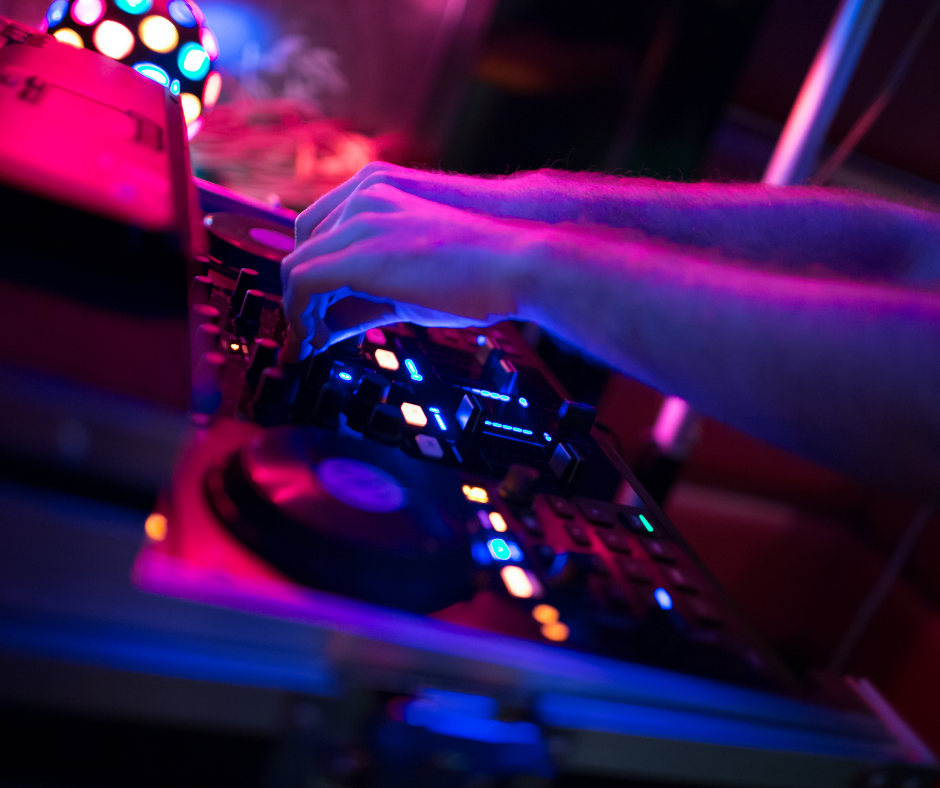Music is an art form that talks directly to our hearts, and the musical industry is experiencing an unprecedented revolution thanks to Artificial Intelligence (AI). This technology emerges as a driving force for innovation and it radically changes the way in which music is created, produced, distributed and listened to.
Growth of AI in musical production
AI is revolutionizing the musical creative process in an all-encompassing way. Thanks to new advanced algorithms based on Machine Learning, for example, one can generate new songs based on models or specific rules. Those algorithms are used also in sound synthesis, to emulate real sounds, giving birth to digital musical instruments and artificial voices.
Music experience’s customization
AI is opening new possibilities also in the music experience area. Thanks to the analysis of great quantities of data, customized playlists and recommendations based on individual tastes can be created, offering and engaging and satisfying experience.
Innovation in the music streaming services
Music streaming platforms are also leveraging AI to improve their discovery functionality and to foresee market trends. AI, in fact, analyzes users’ behaviors, give customized recommendations, enriches the listening experience and opens up new opportunities for emerging artists.
Impact on music industry and musicians
AI is opening new opportunities for artists and is changing the existing business models.
There also arise, as always, some ethical and legal questions regarding the automated creation and distribution of music, possible biases and implications in terms of creativity and copyright. It is necessary to face these challenges in a responsible way, for guaranteeing that AI enriches music experiences without compromising creativity, individuality and emerging possibilities.
Conclusions – AI for Music
AI is revolutionizing the music industry by offering endless creative possibilities and improving the overall user experience. However, it is important to find a balance between technological innovation and respect for art and artistic diversity. Nobody wants to live in a world where only computers create music.
If we look to the future, human-machine collaboration can define a new musical landscape, where the harmony between human creativity and artificial intelligence can lead to rich, personalized and accessible experiences for all.


